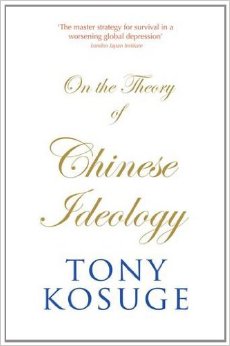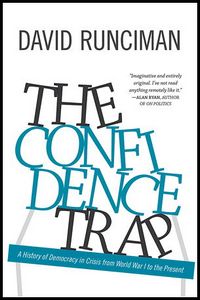The paradoxes of the American presidency
The paradoxes of the American presidency / Thomas E. Cronin, Michael A. Genovese, Meena Bose
New York: Oxford Univ. Press, 2018. 248 p.
The new edition of The Paradoxes of the American Presidency - now with three prize-winning presidential scholars: Thomas E. Cronin, Michael A. Genovese and Meena Bose - explores the complex institution of the American presidency by presenting a series of paradoxes that shape and define the office. Rewritten and updated to reflect recent political events including the presidency of Barack Obama, the 2012 and 2014 elections (with greater emphasis on the importance of the Presidential midterm election), and the primary and presidential election of 2016, this must-read fifth edition incorporates findings from the latest scholarship, recent elections and court cases, and essential survey research.







